
Understanding Reptile Mental Health
As a reptile care expert and exotic pet veterinarian with over 15 years of experience, I often encounter the question: do bearded dragons get depressed? This topic is vital for any owner concerned about their pet’s wellbeing. Unlike typical pets, reptiles have subtle behavioral changes that can indicate mental health issues like depression in reptiles. Understanding these depression like symptoms and how to support your dragon’s emotional health can make a big difference in their quality of life.
Signs of Bearded Dragon Depression and Behavioral Shifts
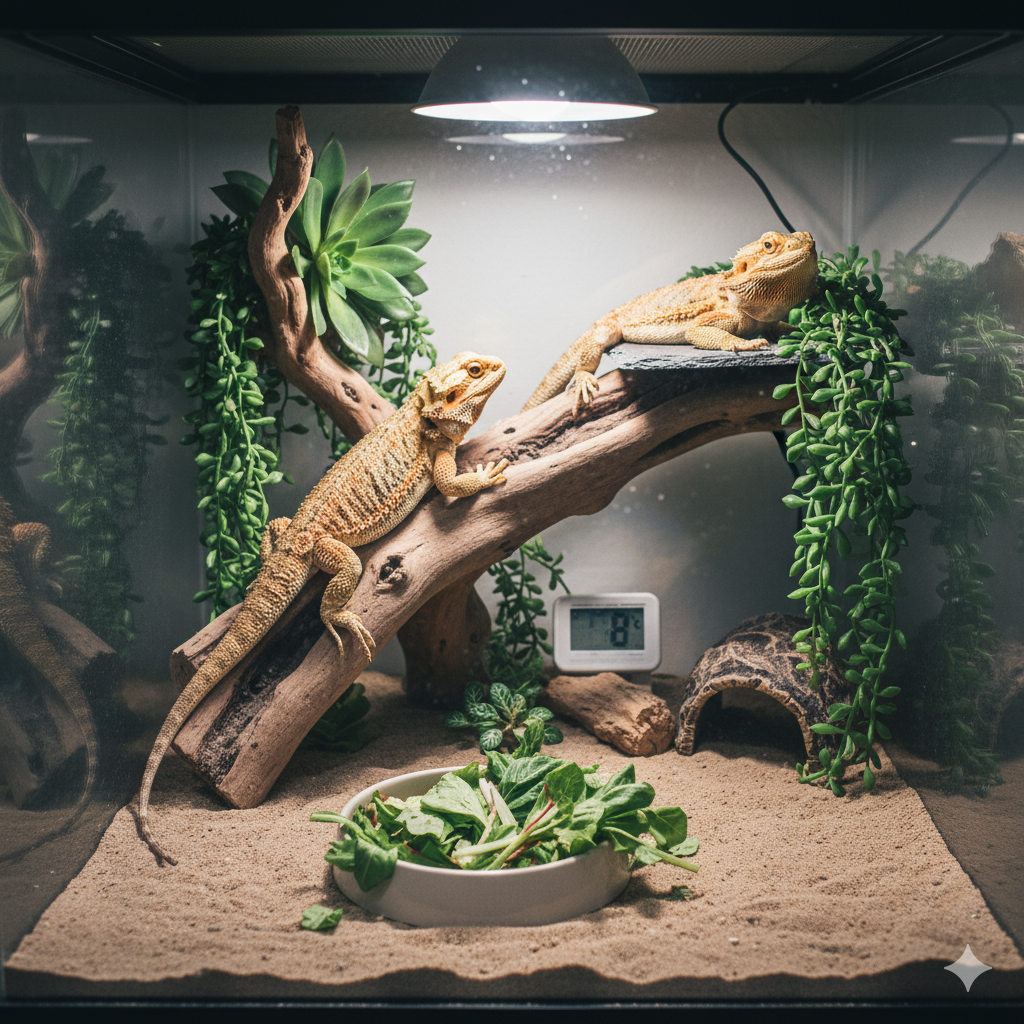
Recognizing depressed bearded dragon behaviors starts with watching for mood changes and reptile sadness symptoms such as:
- Lethargy signs: Dragons that usually move around but become inactive, showing a sharp drop in energy.
- Loss of appetite depression: A sudden disinterest in food is one of the most common depressed reptile symptoms.
- Dragon inactivity or dullness in their usual curious behaviors.
- Withdrawal or reduced interaction with their environment can resemble lizard loneliness or boredom.
From my clinical practice, I’ve seen how these signs often coincide with environment stressors or prolonged lack of stimulation, both common triggers.
Can Bearded Dragons Experience Emotional Responses Like Depression?
The idea that reptiles show emotional responses such as depression in reptiles has long been debated. However, recent understanding of reptile psychology supports that they do experience mood fluctuations, sometimes akin to mood disorders seen in mammals. Factors contributing to these include:
- Stress vs depression: Stress can precipitate bearded dragon stress that evolves into deeper reptile sadness or depression if unaddressed.
- Neglect, poor habitat conditions, or social isolation can lead to depressed dragon signs.
In over a decade of veterinary care, I’ve noted that attentive care and environment modifications significantly improve a reptile’s mental state.
Identifying Reptile Mental Health Issues: What to Look For
Monitoring your dragon’s psychological state involves:
- Noticing if your dragon seems inactive for extended periods beyond usual rest.
- Watching for reptile mood issues like irritability or apathy.
- Spotting physical health signs such as weight loss linked to loss of appetite depression.
Early identification leads to quicker responses, improving outcomes.
Practical Steps to Improve Dragon Mental Well-Being
Drawing from my hands-on experience, here are proven steps to combat bearded dragon depression:
- Enrichment for dragons: Provide climbing structures, varied environments, and safe stimuli to combat boredom.
- Improve lighting with correct UVB levels to support their circadian rhythm, balancing dragon inactivity.
- Reduce environment stressors — maintain ideal temperature, humidity, and a clean habitat.
- Handle your dragon gently and regularly to reduce lizard loneliness and promote interaction.
- Consult a vet to rule out underlying health problems causing behavioral changes or depression-like symptoms.
Treatment sometimes involves adjusting husbandry practices before considering medical intervention for stress-induced depression.
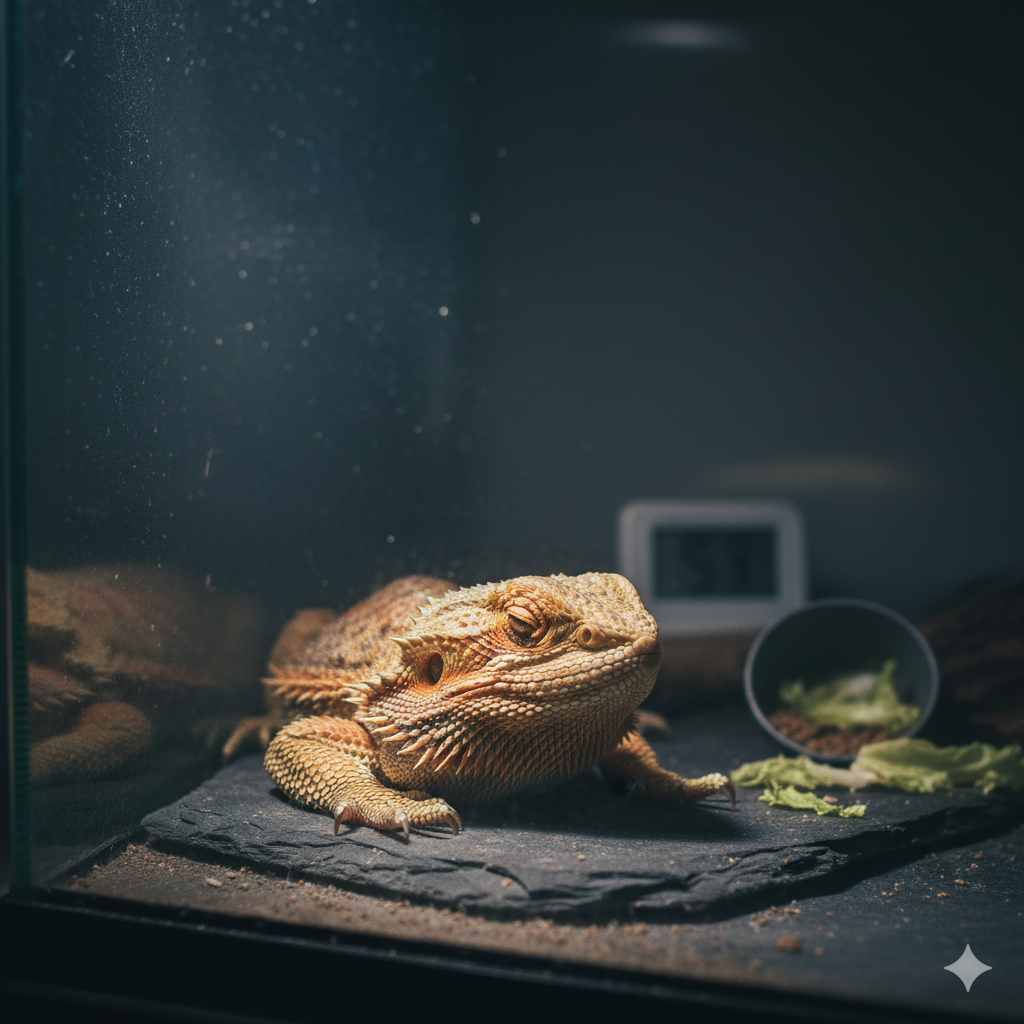
FAQ Section
Q1: Do bearded dragons really get depressed?
Yes, they can show depression-like symptoms such as lethargy, loss of appetite, and inactivity, often due to environmental or social stress.
Q2: How can I tell if my bearded dragon is stressed or depressed?
Stress often shows as agitation or restlessness, while depression usually involves lethargy signs and withdrawal.
Q3: Can boredom cause depression in bearded dragons?
Absolutely. A lack of stimulation or enrichment can lead to bearded dragon boredom and contribute to reptile sadness.
Q4: What should I do if my dragon shows signs of depression?
Enhance their environment, reduce stressors, and consult your vet to evaluate their overall reptile emotional health.
You may also like
- Do Bearded Dragons Get Depressed?
- Healthy Bearded Dragon V/S Unhealthy
- Finding the Right Source: A Veterinarian’s Guide to Selecting Quality Dragon Providers
Share
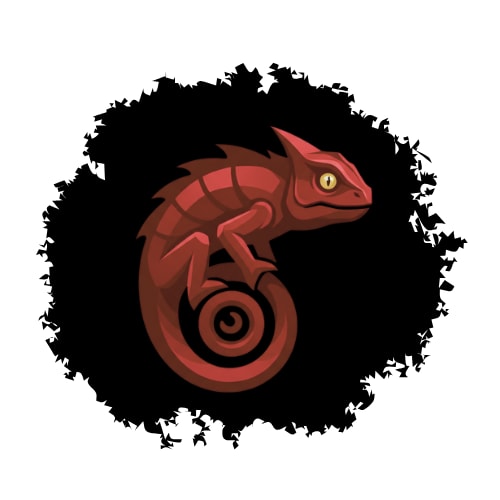
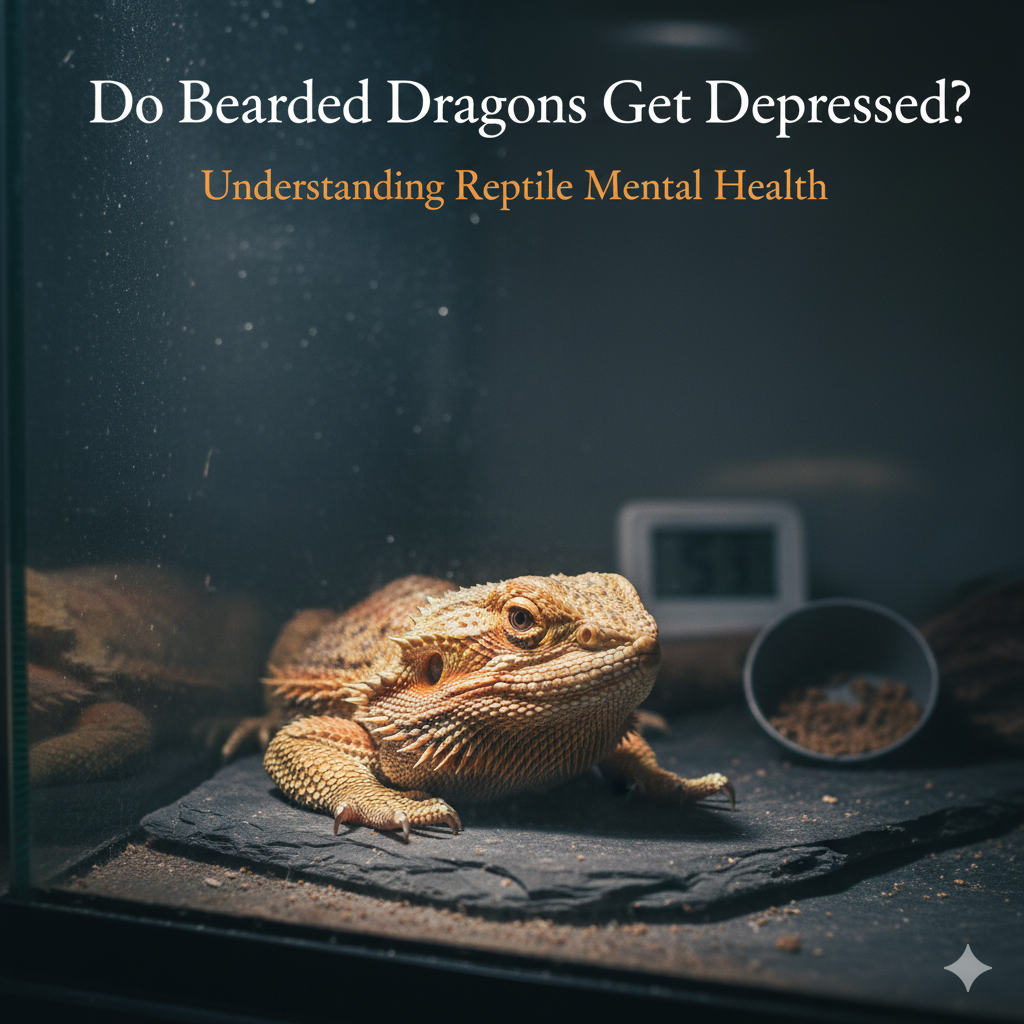
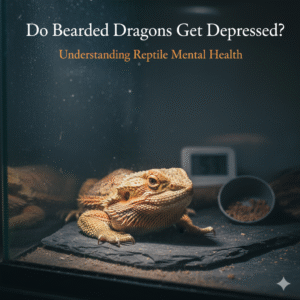

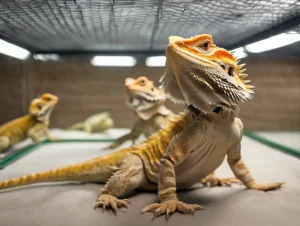
Leave a Reply